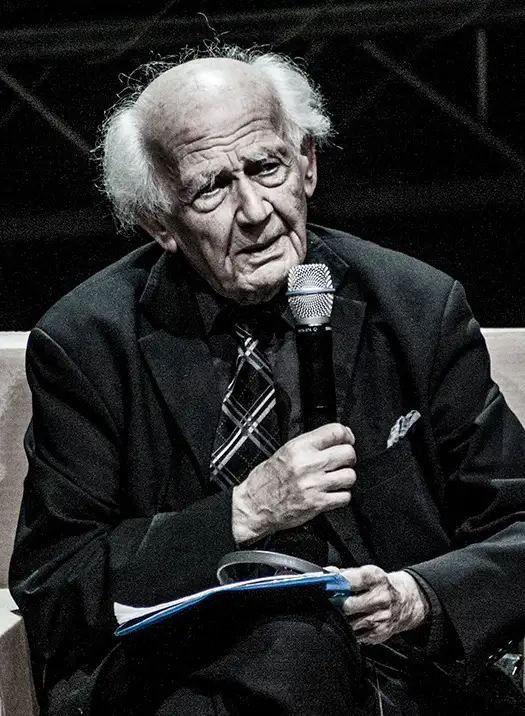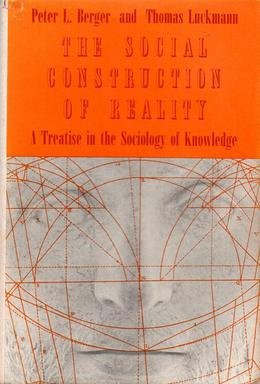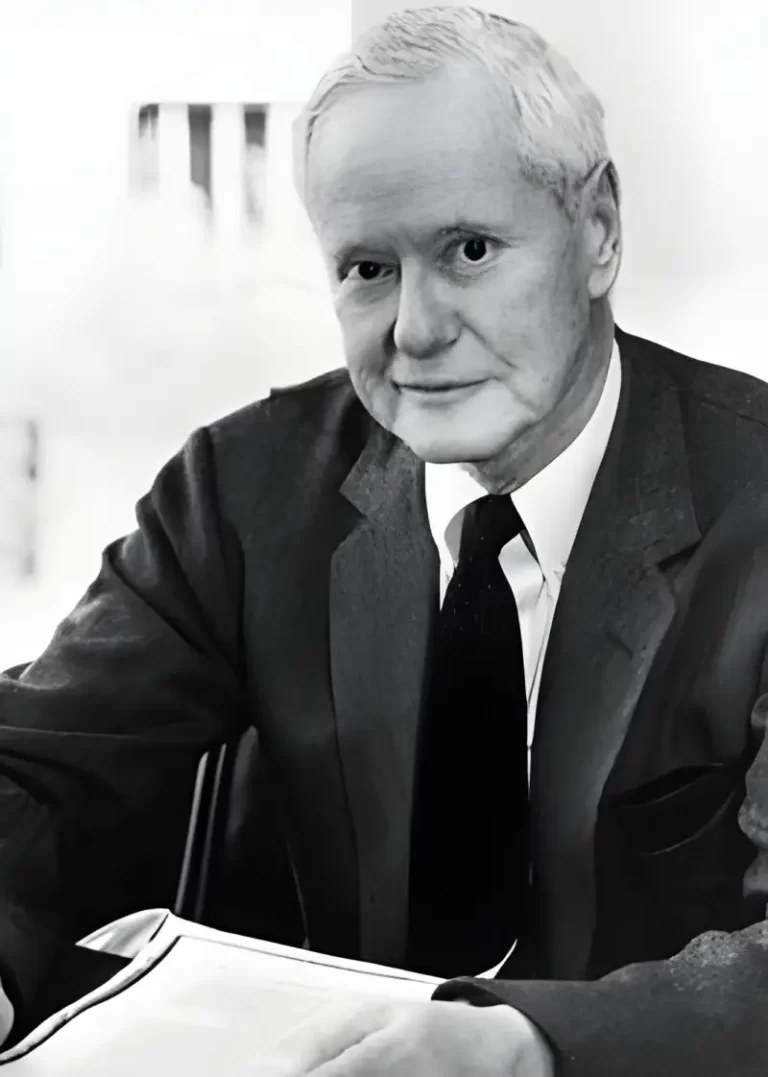Functionalism, as a theoretical perspective in sociology, emphasizes the way in which the parts of a society are structured to maintain its stability. This perspective sees society as a complex system whose parts work together to promote solidarity and stability. Prominent sociologists have contributed significantly to the development of functionalism, each bringing unique insights that have shaped the field. This essay outlines and explains the contributions of the main functionalist theorists in sociology, focusing on their key concepts and theoretical innovations.
Emile Durkheim: The Foundation of Functionalism
Social Facts and Collective Conscience
Emile Durkheim is often regarded as the father of functionalism. His pioneering work laid the foundation for the functionalist perspective in sociology. Durkheim introduced the concept of "social facts," which are the norms, values, and structures that exist independently of individuals and constrain their behavior. Social facts, according to Durkheim, are essential for understanding the functioning of society.
Durkheim's notion of the "collective conscience" refers to the set of shared beliefs and moral attitudes that operate as a unifying force within society. This collective conscience is crucial for social integration and cohesion. Durkheim argued that a strong collective conscience binds individuals together, creating










